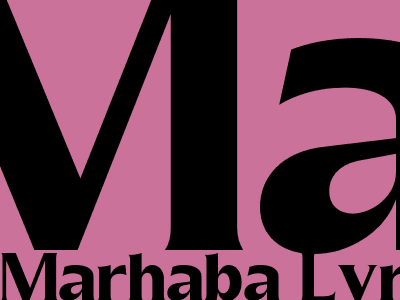
Marhaba: A Comprehensive Guide to the Beloved Arabic Song
Unveiling the Enchanting Origins of Marhaba
The timeless Arabic song "Marhaba" holds a cherished place in the hearts of countless listeners across the globe. Its origins can be traced back to the ancient Arabic tradition of welcoming guests with warmth and hospitality. The word "marhaba" itself means "welcome" in Arabic, reflecting the song's central theme of extending a heartfelt invitation to gather and connect.
The song's popularity soared in the 1960s when it was performed by renowned Egyptian singer Abdel Halim Hafez. Hafez's captivating rendition captured the essence of the song's message, resonating with audiences and cementing its status as a classic.
Exploring the Lyrical Depths of Marhaba
A Tapestry of Welcome and Camaraderie
The lyrics of "Marhaba" are a symphony of welcome and camaraderie. The song opens with a chorus that invites listeners to come together, celebrating the joy of human connection.
The lines "Marhaba, marhaba, ya ahli al-hub" translate to "Welcome, welcome, lovers." This heartfelt greeting sets the tone for the song, embracing a spirit of unity and love.
Expressing Gratitude for Friendship
Throughout the song, the lyrics express gratitude for the gift of friendship. They acknowledge the precious bond that unites people, bringing joy and meaning to life.
"Ya habibi, ya ghabi, ya sadiki," the song proclaims, meaning "My beloved, my dearest, my friend." These words convey the depth of affection and appreciation shared among friends.
A Call for Unity and Harmony
The lyrics of "Marhaba" also serve as a call for unity and harmony. They encourage listeners to set aside differences and come together as one.
The lines "Kulna akhwan, ya habibi" emphasize the message of brotherhood and sisterhood, reminding us that we are all part of a larger human family.
Marhaba's Enduring Legacy and Cultural Impact
"Marhaba" continues to be an integral part of Arabic culture, frequently played at weddings, family gatherings, and other social events.
The song's popularity extends beyond the Arab world, transcending linguistic and cultural boundaries. It has been translated into several languages and performed by artists worldwide, carrying its message of welcome and togetherness to a global audience.
Conclusion: Marhaba's Timeless Appeal
The Arabic song "Marhaba" is a timeless masterpiece that embodies the spirit of hospitality, friendship, and unity. Its enchanting melody and heartfelt lyrics have captured the hearts of listeners for generations.
Whether you're a native Arabic speaker or a lover of world music, "Marhaba" offers a warm invitation to embrace the power of connection and celebrate the beauty of human companionship.